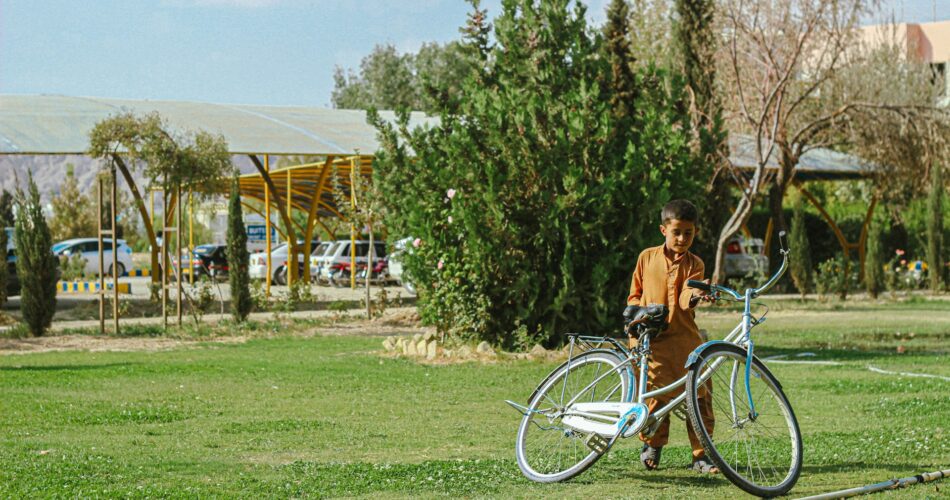They are walking free.
A Pakistani court acquitted twin Christian brothers who had been falsely accused of blasphemy after the prosecution failed to provide sufficient evidence. Sahil Shahid (Kalu) and Raheel Shahid (Tabish), aged 18, were initially arrested in August 2024 following allegations that they had desecrated Quranic pages. However, their lawyer, Javed Sahotra, successfully argued that the evidence against the brothers was fabricated. During the trial, witnesses, including the investigating officer, were unable to identify which specific Quranic verses the brothers allegedly desecrated, casting doubt on the case. As a result, the judge ordered their release and called for an inquiry into the flawed investigation.
Sahotra also questioned the qualifications of the investigating officer, Inspector Muhammad Saleem, who lacked the necessary education and understanding of the Arabic language to properly investigate a blasphemy case. The defense team also argued that the charges were part of a scheme to intimidate the Christian community and force them out of their village, potentially to seize their land and property. With the brothers now free, the case is being seen as a successful defense against a plot to harm the local Christian population.
Blasphemy accusations in Pakistan have been rising, and the United Nations Human Rights Committee (UNHRC) recently expressed concern about the abuse of these laws. The committee urged Pakistan to amend or repeal its blasphemy laws, as they disproportionately affect religious minorities and often lead to mob violence. The UNHRC highlighted the increasing number of false accusations and called for reforms to ensure fair trials and prevent the misuse of laws, particularly those related to cybercrime.
In addition to concerns about blasphemy law abuse, the UNHRC also focused on the impact of defamation laws and counter-terrorism measures on freedom of expression. The committee noted that journalists, activists, and religious minorities often face harassment and retribution under these laws. They also expressed concern about the treatment of those accused of blasphemy, who are often subjected to solitary confinement and prolonged detention, as well as reports of abuse, including sexual violence, in prisons.
This case highlights the challenges faced by religious minorities in Pakistan, particularly in relation to blasphemy laws. While the acquittal of the Shahid brothers is a positive outcome, it also underscores the need for reform to prevent misuse of these laws and ensure justice for all citizens, regardless of their faith.
